PACK:
30 ml drops in small tinted glass bottle.
MAIN INGREDIENTS:
VITAMIN K
INGREDIENTS:
Extra virgin olive oil standardized in vitamin K1 (61.3 mcg / 100 g); Vitamin K2 (menaquinone-7).
Last updated on 10/04/2025
HOW ITS COMPONENTS WORK:
CONTRIBUTES TO NORMAL BLOOD COAGULATION (1)
CONTRIBUTES TO THE MAINTENANCE OF NORMAL BONES (2009; 7 (9): 1)
REINFORCEMENT OF DENTAL ORGANS
CONTRIBUTES TO THE MAINTENANCE OF THE FLEXIBILITY OF THE ARTERIES (3)
CONTRIBUTES TO THE NORMAL REGULATION OF THE PRODUCTION OF ESTROGENS AND TESTOSTERONE
HELPS MEMORY
“Strong bones and clear arteries”
Vitamin K or naphthoquinone is a fat-soluble vitamin, absorbed in food, which is stored in the liver. The body releases it in small doses according to the body’s needs.
Vitamin K from Vita Complex consists of:
• extra virgin olive oil standardized in vitamin K₁. This goes directly to the liver and participates in the balance of blood clotting.
• K₂, or menaquinone, is produced by bacteria that line the gastrointestinal tract. Once absorbed, K₂ will settle directly on the blood walls, bone tissue, as well as in the liver.
The K₂ that Vita Complex has chosen is MK7, the only natural and most interesting form. Menaquinone-7 is extracted from bacteria-fermented chickpeas (bacillus lichen forms).
Why combine vitamin D and vitamin K and why take them 6 hours apart from each other?
Vitamin K₂ deficiency is actually what produces symptoms of possible vitamin D₃ toxicity.
When we absorb too large doses of vitamin D or for long periods, this toxicity is characterized by the creation of an inadequate calcification of the arterial walls (heart in particular) which causes hardening of the arteries and can therefore favor vascular accidents.
The intestinal absorption of these 2 vitamins, D₃ and K₂, requires the same enzymatic receptor. It is therefore important that there is no competition between these 2 vitamins so as not to hinder their effectiveness.
It should also be borne in mind that there is a balance between D₃, K₂, magnesium and calcium.
RECOMMENDED USES:
it is recommended to take a maximum of 12 drops per day, preferably during the main meal.
(1) Thilo Krueger, Vincent M. Brandenburg, Leon J. Schurgers, Jürgen Floege: Vitamin K in vascular health-more than just a role in coagulation. Port J Nephrol Hypert. 2008, Vol. 22 (2), pp 143-148.
(3) Olivier Phan, Michel Burnier: Calcifications vasculaires et déficit en vitamine K: un facteurs de risque modifiable dans l’insuffisance rénale chronique. Rev Med Suisse. 2013, Vol 9, pp 451-455.

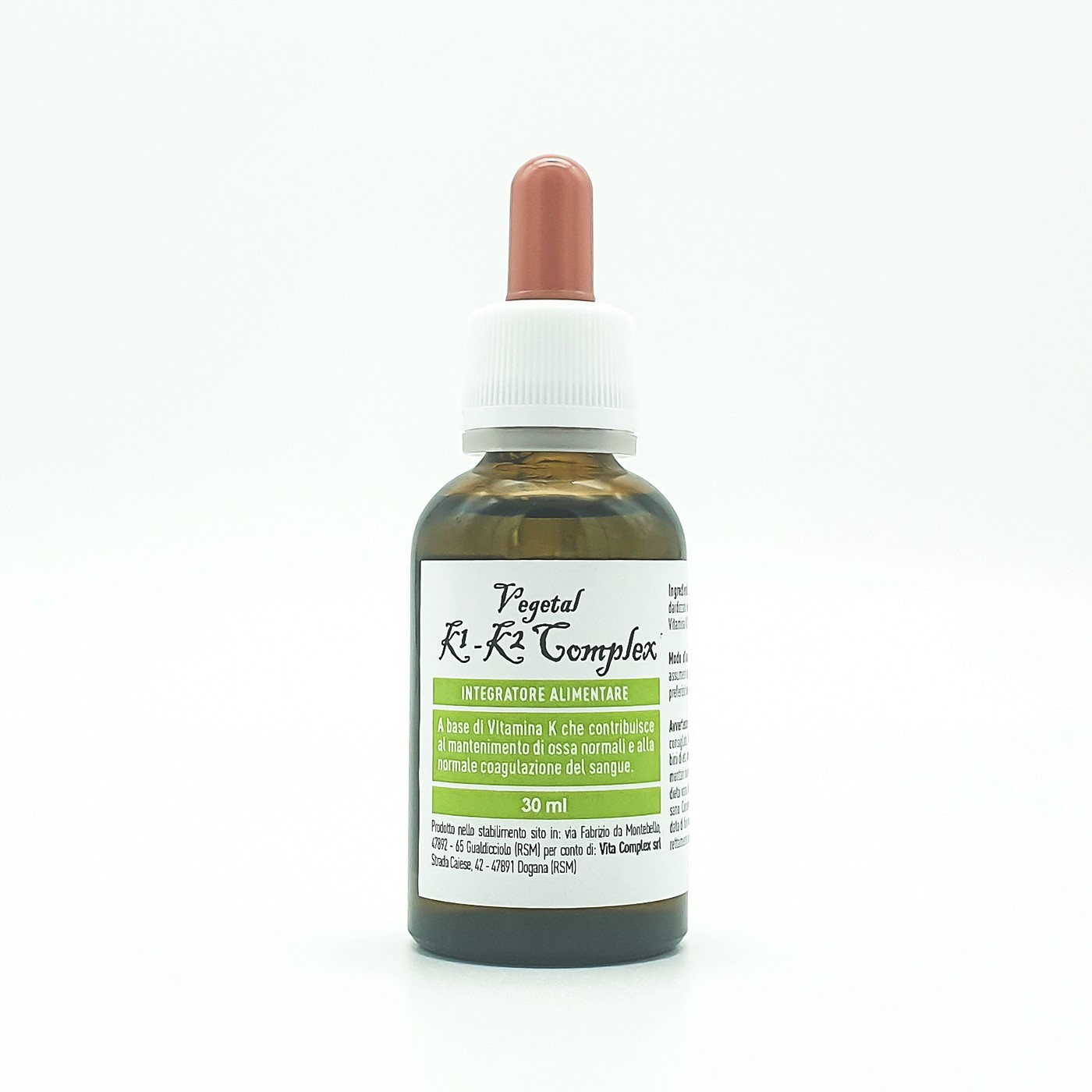
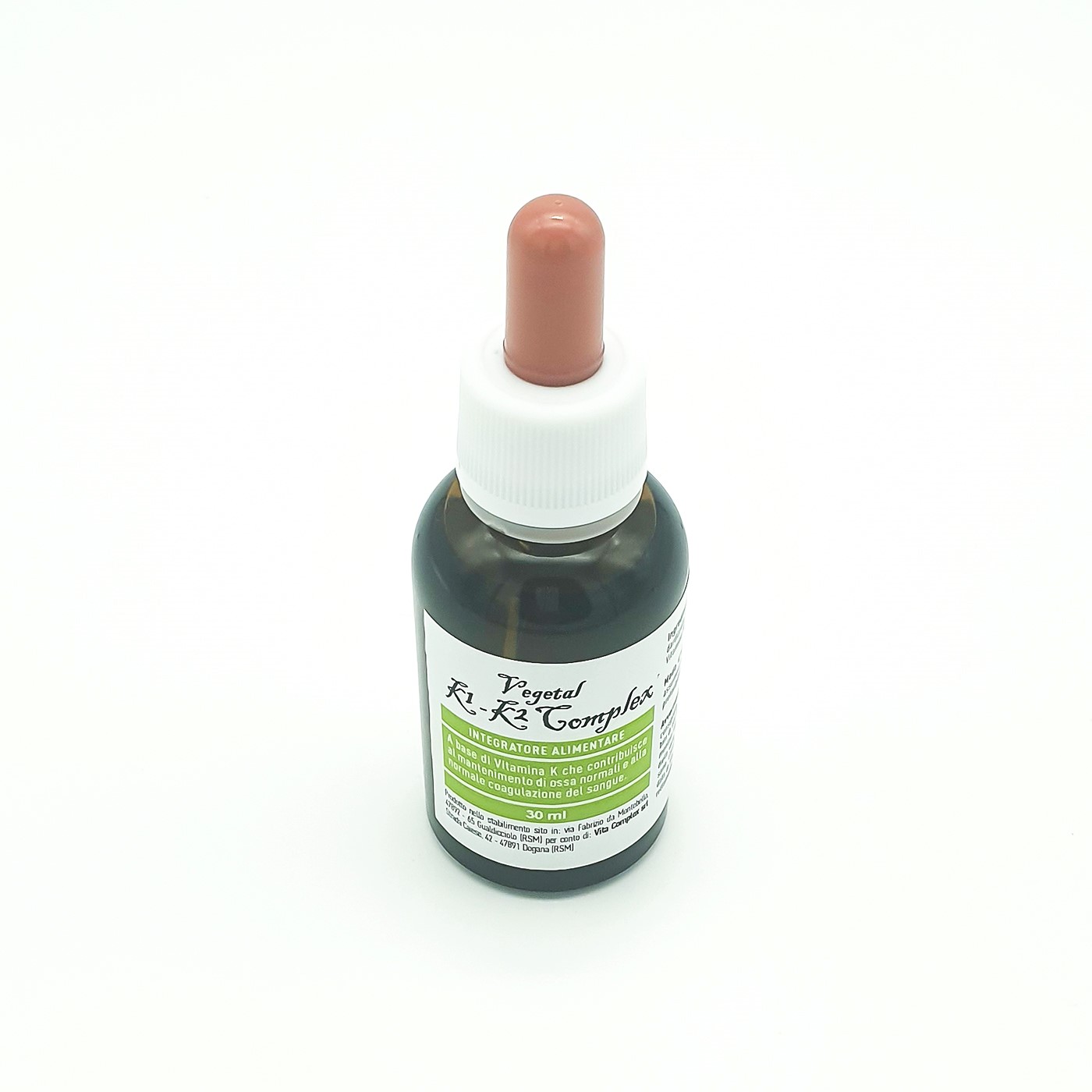
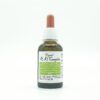
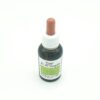

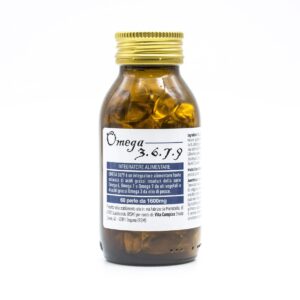

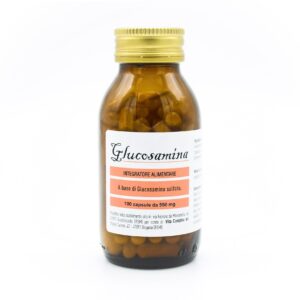
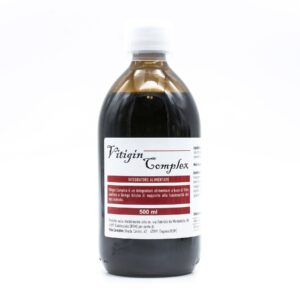



Reviews
There are no reviews yet.